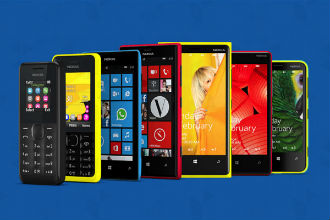T he Russian space agency Roscosmos has managed to gain control over a satellite crewed by randy lizards who are keen to test out sex in zero gravity.
he Russian space agency Roscosmos has managed to gain control over a satellite crewed by randy lizards who are keen to test out sex in zero gravity.
Mission control said that it has manage to gain positive control over the agency’s orbiting Foton-M4 satellite. Launched a week ago, Foton-M4 carries a primarily biological payload made up of geckos, flies, plant seeds, and various micro-organisms which was supposed to test out how lower orders of life bonk when there is no gravity.
The satellite made headlines late last week when just a few days after launch, ground control lost communication with the satellite and could no longer send it commands.
Apparently the satellite’s five-gecko crew, four females and one male, were sent aloft by Russian scientists in order to study the effects of microgravity on sex and reproduction are safe. Scientists are spying on the geckos and then slice up the randy couples when the satellite returns to Earth at the conclusion of its two-month mission.
If they had not fixed Foton-M4 it would remain in its 357-mile orbit for about four months—two months longer than the provisions for its biological payload would last. The Geckos having bonked themselves to exhaustion would have run out of food and begun to eat each other, and not in a good way. The survivors would have been burnt to a crisp on re-entry.
Now that the spacecraft is functioning normally, the lizards can get to it safe in the knowledge that their death will not take place until they are safely in a Russian lab back on the planet. Now all that can go wrong is a reptile dysfunction.



















